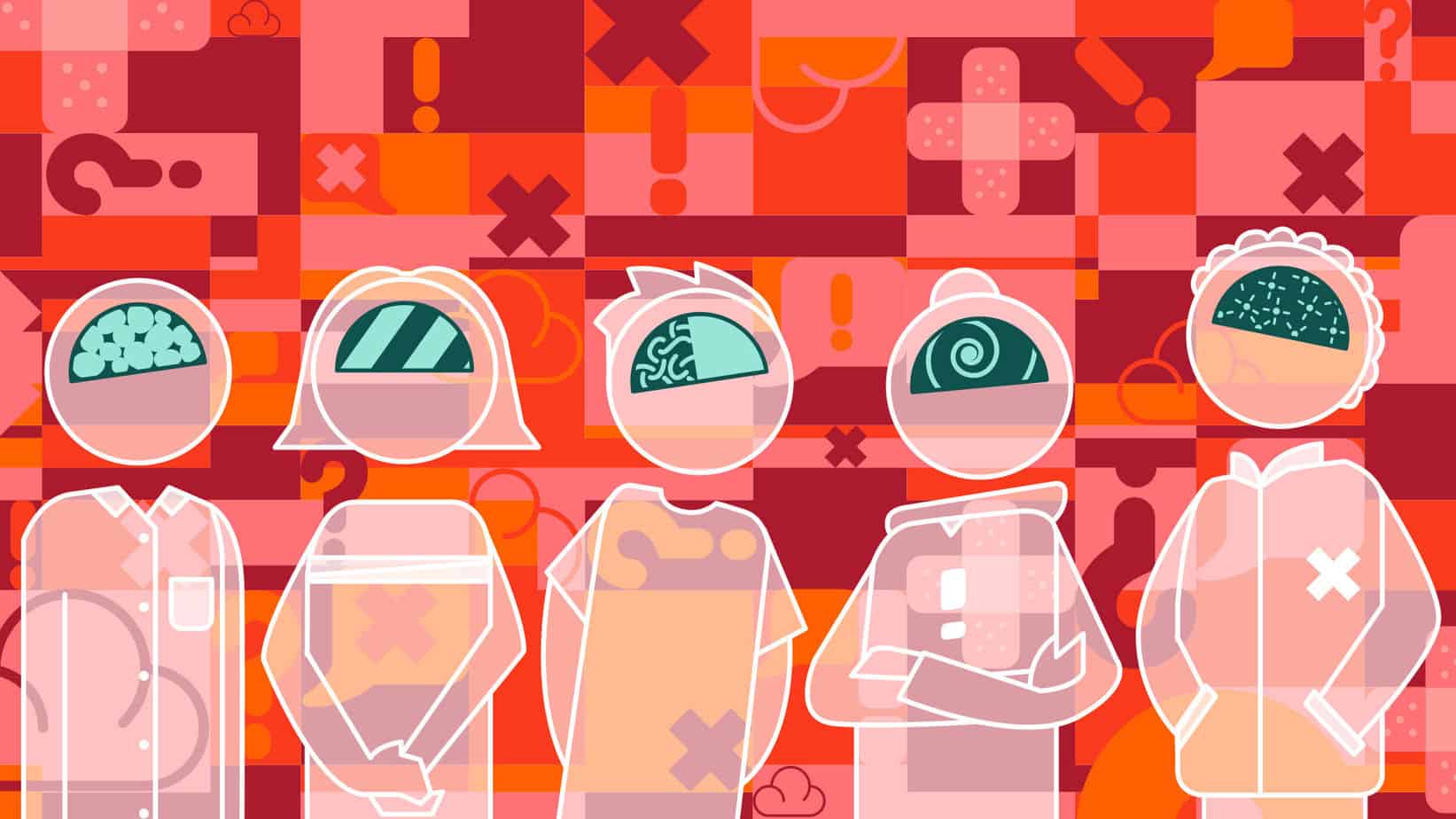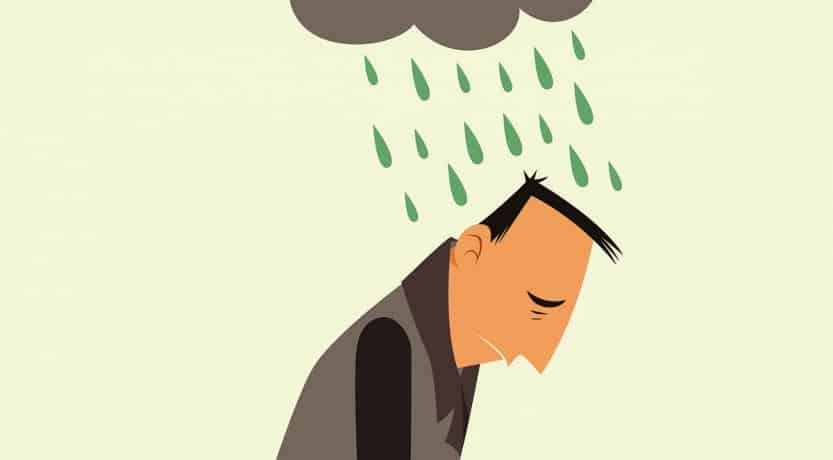In 2016, the number of people estimated to be suffering from mental health issues like depression and anxiety amounted to roughly 1.1 billion. Since then, numbers have likely continued to rise. Moreover, studies have also shown women especially on average are a) more likely to suffer from mental health issues, and b) less likely to talk about them. The taboo in Pakistan surrounding depression and anxiety disorders only serve to aggravate the individuals suffering even more. For the women who cannot seek out full time therapy, or simply need advice about their problems, we’ve enlisted the help of a trained counsellor. You sent us in your questions – here are the answers!

“I was given a responsibility and I forgot about it. Now I cannot stop feeling ashamed of it and I don’t know how to face that person. Can you please help me on how to deal with it more practically?”

Shahrukh’s Response:
Dear Anon,
It seems that you’re carrying some feelings that must be difficult and uncomfortable. More than shame, I’m seeing a great deal of guilt. Let’s see if we can help you understand your feelings a little more clearly and create a safe space for you.
Guilt vs. Shame
Guilt and shame are often confused and used interchangeably. They do overlap in some capacity though – both are emotions that are considered to be self-conscious and help us monitor our sense of morality. However, guilt is a feeling that comes up as a result of an action we consider to be wrong, or a mistake. Alternatively, shame is when we internalize or feel negative feelings about ourselves.

Guilt: It’s not necessarily a bad thing
As humans we have our own sense of morality. Guilt can often help us regulate how we function in society or even in our day-to-day lives. As humans, we tend to make mistakes and that’s okay. In the face of those mistakes, there are times when guilt may arise. It’s important to remember this: guilt is an emotion and our emotions are valid! And more often than not, they’re trying to tell us something. There are two kinds of guilt: maladaptive guilt and pro-social guilt. In the case of the latter, you are aware and reflective of your actions and it’s considered a positive thing. So if you are feeling guilty about something, ask yourself:
- What is my guilt telling me?
- How is it serving me right now?
- What action can I take that might help the guilt serve its purpose?
The former, maladaptive guilt, can be quite negative. At times our guilt can overstay its welcome, like a dinner guest who won’t stop talking and you’re too polite to ask them to leave. Once the guilt has served its purpose, it’s okay to let it go. If it is still there, ask it these simple questions:
- Why are you still here?
- Do you really need to be here?
Sometimes our response to guilt is to just ignore it till it goes away. What I’ve learnt in my experience, though, is that ignored emotions have a way of coming back to us. So my words to you are this: talk to your feelings! Talk to your guilt. It may sound strange but it’ll help you better understand what’s happening with you.

Shame: Enemy of the Self
Shame can be a destructive emotion, as it tears down our sense of self and our ability to regulate ourselves in a constructive manner.It acts as an emotion similar to guilt, but only this time, it becomes less about the action and more about us and how we are flawed. You may end up thinking, “I did this and there’s something wrong with me. I’m a terrible person”. While guilt can be constructive, shame is destructive to our sense of being. It’s when our feelings of being flawed and not good enough are really heightened. There are many sources of shame, some of which are cultural and religious norms, trauma and abuse. This emotion is followed by feelings of powerlessness, worthlessness and feeling smaller and less significant. The origin of one’s shame differs from person to person and can be part of a bigger mental health issue such as anxiety, depression or even OCD. So working through that shame is a process.
What can you do to work through the shame and guilt?
Shame has several causes and it differs from person-to-person. It’s important to really explore the roots of emotions like shame to help better understand it. Exploration will help you be in a state of greater awareness and make more space for your internal dialogue. So if you’re someone who experiences high levels of shame, or even maladaptive guilt, I highly recommend doing some of this exploration through counseling/therapy. This will really help getting a sense of yourself and eventually getting to a point where you’re able to let go of some of that heaviness you’re carrying.

Making mistakes is one of the pre-requisites of being human. You aren’t always going to get it right, and here’s the thing: there is nothing wrong with that! The most important thing you can do for yourself is reflect, learn and move forward – and that can happen at whatever pace you’re comfortable with. I wish you nothing but the best. Stay in your power!
Good luck!









What do you think?
You must be logged in to post a comment.